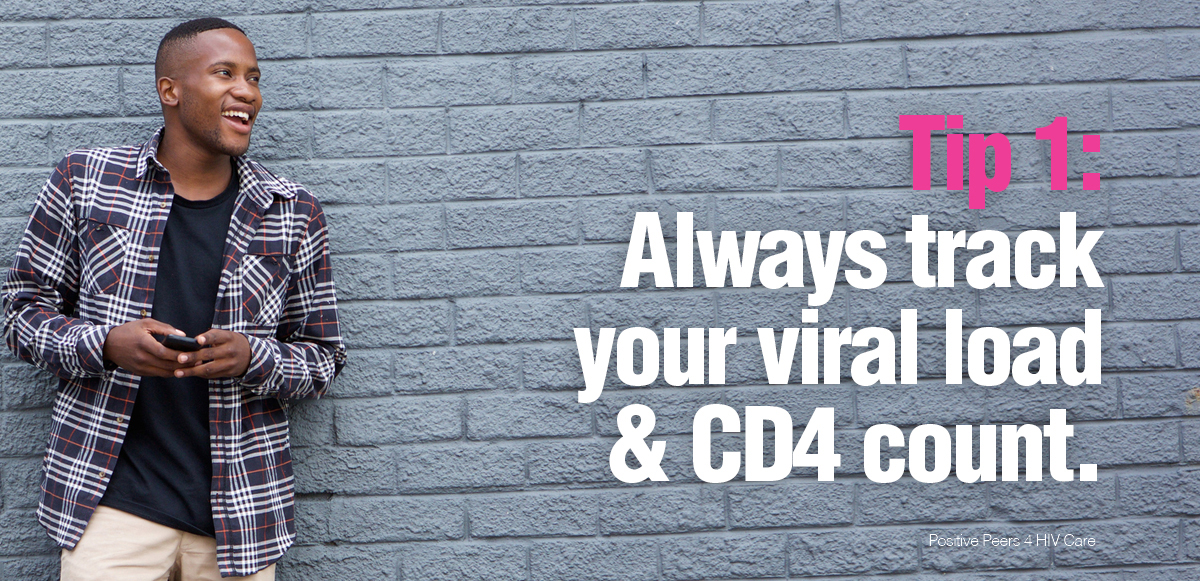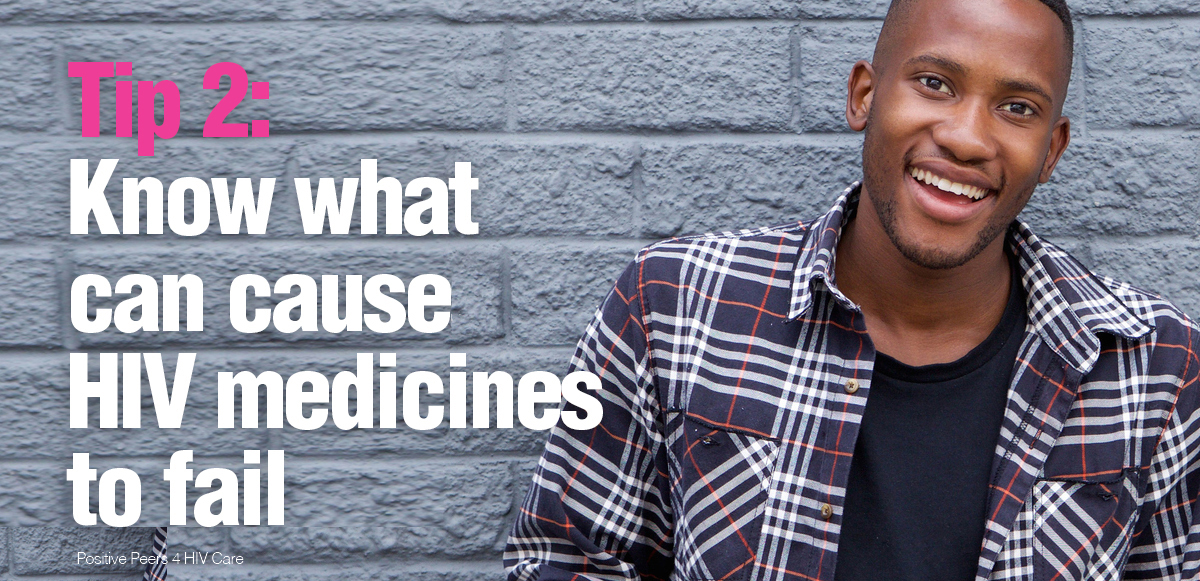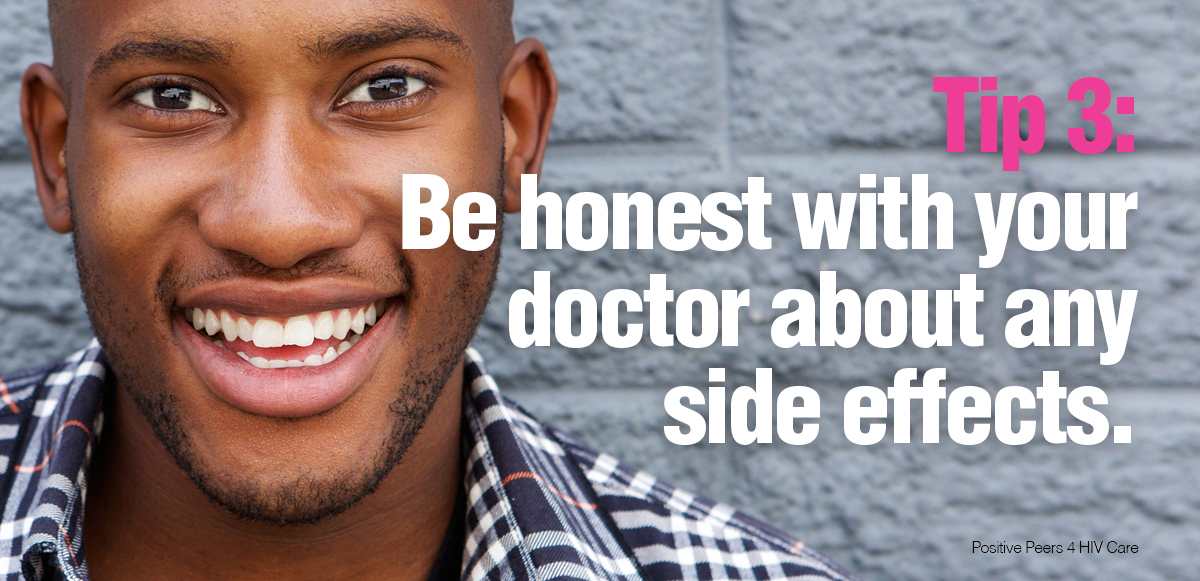If you have HIV, your life depends on taking the right anti-retroviral drugs. So it’s only natural to wonder: Can HIV meds stop working?
The answer is sometimes—but it’s not something to panic about or even worry about too much. You just have to know that after awhile, the drugs you’re on now might become less effective.
If that happens, you need to get together with your doctor and find a new combination of meds that gets the job done.
Testing for Signs That Your Meds Aren’t Working as Well

By: Ann K. Avery, MD, Infectious Disease Physician at MetroHealth Medical Center
Regular testing is key to tracking two key factors: your viral load and your CD4 count. You want your viral load to be declining until it becomes so small that tests cannot detect HIV in your blood (it’s still in there, it’s just too rare for the tests to find it). Viral load should decrease to undetectable within a few months of starting HIV meds.
You also want your CD4 count to be high and rising so that it increases to and stays within the normal range.
So your goal should be to avoid a rising viral load and a falling CD4 count. But even if this happens, there’s a silver lining: it’s a sure sign that your meds aren’t working anymore and you need to change medications.
Consult with your doctor about how often you should get tested. Most people living with HIV get labs (CD4 count and viral load) checked once every 6 months, but your doctor may want you to do labs more or less often.
What Causes Drugs to Become Less Effective

Knowing what causes HIV medicines to fail can help prevent it from happening to you. There’s no guarantee, because every human body is different, and every virus affects it in a slightly different way.
These are some of the factors that can affect your HIV meds’ effectiveness:
Low adherence. HIV meds need to be taken 95% of the time! Good adherence means you take every dose, every day. If you’re on a single-tablet- regimen (one pill, once a day), 95% adherence means you can only miss one dose per month and still have good adherence. If your adherence is low, resistance can develop (see below).
Drug resistance. HIV is a determined and resourceful virus. Over time, particularly if you’ve had problems with medication adherence, HIV may mutate to defend itself against anti-retroviral drugs. If your viral load unexpectedly increases, a special test called a genotype can determine if your HIV has developed resistance, and if so, to which meds. This helps your doctor suggest a new HIV medication regimen for you.
Absorption. Your body has to absorb all the nutrients and medications you put into it. If you take your meds and become so nauseous that you puke, your meds might not get absorbed in the stomach. If the doctor says to take them on an empty stomach in the morning but you take your meds after breakfast, your meds could start to fail. Some medicines require you to take them with food to be effective, others do not. In the end, it’s important to follow your doctor’s instructions precisely.
Interactions with other drugs. If you’re on multiple drug regimens, it is important to check with your doctor to ensure you can safely take all the medicines together. They can develop conflicts that block proper absorption or cause damage to important organs such as your kidneys or liver. Always tell your doctor every medicine and vitamin you take on a regular basis to screen for potential drug-to-drug interaction.
Come join our private, stigma-free, supportive community.
Health management tools with medication & appointment reminders.
Social networking in a community conversation & private chats.
Side Effects and Drug Effectiveness

Some HIV meds have side effects. They’re usually mild, and they often go away after you’ve been taking the meds for a few weeks.
The best approach is to be honest with your doctor about side effects if you experience them. Try to stick with the medicines no matter what – if side effects are bothersome, sometimes your doctor can suggest strategies or medications to lessen them, all you have to do is stay in touch with your doctor and tell them what’s going on.
Positive Peers is made possible through a U.S. Department of Health and Human Services Health Resources and Services Administration, HIV/AIDS Bureau Special Projects of National Significance (SPNS) Grant to The MetroHealth System. Click here for more information about the SPNS grant initiative.
Positive Peers is a private app for young people living with HIV. Learn how you can earn rewards for your participation.
